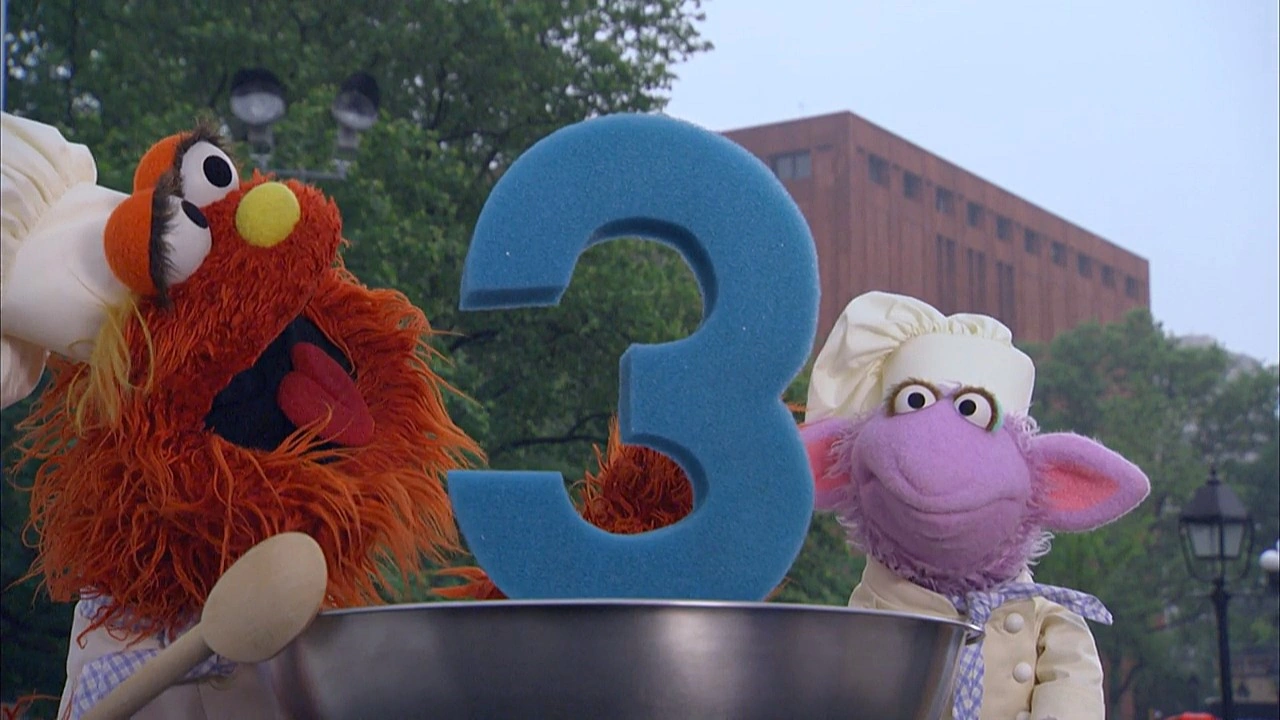Our reading from the letter to the Romans could be made into a list. A full-time job description kind of list for the genuine Christian community - both as solo organisms and as a collective. Let us review some of that list. Abhor wickedness. Pursue Hospitality Feed your enemy. Vanquish evil with good. Be at peace with all. Love with fidelity. Provide Rejoice Endure Devote Weep Listen. Paul is diving deeply into what it means to be people of the Way, exploring the attributes of the movement that clings to Jesus as the Messiah. This Romans lesson is a tremendously helpful list. A working active Christian practice should rely on just such a growth and service mindset. Too often people say I like your Jesus, but I am not so sure about your Christians. And when they say that, it is probably because this list is what we are stumbling at living into.
My guess is that there are some of these that many of us find to be at least reasonably achievable. Cling to the good sounds like coasting downhill. And each of us has different ones that are hardest. Bless those who troll and trample you? Ignore them sure. Not actually try to cause them grief? Yeah. Bless - pray for their well being- give water to those #$%#! ? Oh oh oh that is hard. Both when it is big impersonal evil and when it is the bully next door. Bless and feed my enemies? It goes against so much in my personality and enculturation.
So I am returned to the list - and I wonder what if we were to take this list and focus on one a day. Practice it in your life, and go one step further - take the time to reflect on your life and history and identify the name of one person who exemplifies each Christian duty. Hold them in prayer, wherever they might be. The list also can serve us as a mirror, a confessional prompt. Where have we not met this list? I was recently thinking about a different old friend. She was certainly much more a friend than an enemy, but in my judginess and by silly issues where I thought we were divided, I had turned her into a frenemy in my mind. Sometimes offering water to an enemy is offering water. Sometimes it is having empathy. I knew enough about her life to have done so. But back then I was much more on board with the do gooder part than the listen and forgive part of Christian-ness.
Part of why the struggles of the early Jesus movement speak to us Is that we are still wrestling with what they struggled with. And some of our burdens are not that this way of life is new, but that it has over a thousand years of crud collected on it- what a friend calls the Constintinian hangover. In some ways even for some of us who have always been church people, we are meeting Jesus again for the first time. In the beginning, sometimes it is good to have a list. Pursue Hospitality Feed your enemy. Vanquish evil with good. Listen. Learn. Share. Follow Jesus, the Christ, the one Lord God of the Universe, who loved and served and died and rose again. We strive to live this list, we check it off, and fail to check it off, and we try again.
This is the way Jesus loves & saves. This very list. What is the job description of those who love God? This very list.
CCRP
#diopalove


%2C_ca._1814_(CH_18430035).jpg/800px-Scenic_-_Panels%2C_%22Les_Francais_en_Egypte%22_(French_in_Egypt)%2C_ca._1814_(CH_18430035).jpg)
